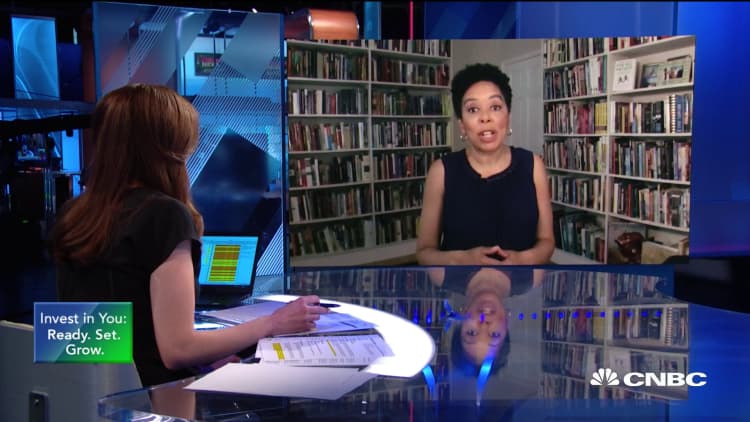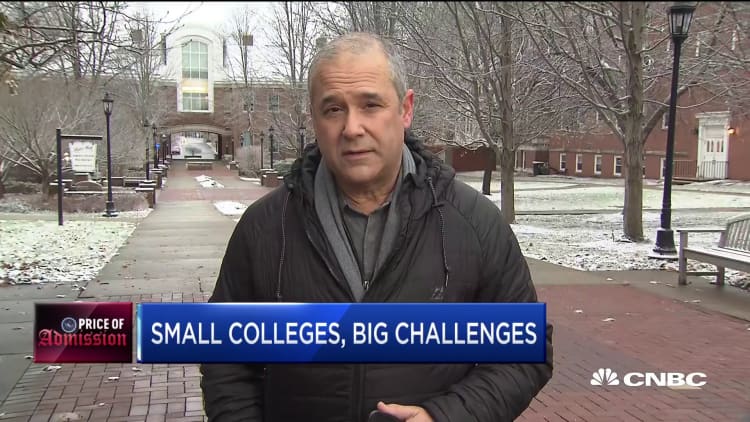
In the wake of the coronavirus crisis, some things may never be the same. A liberal arts education could be one of them.
As colleges and universities across the country face extreme financial distress, some institutions are cutting the academic programs that were once central to a well-rounded education.
In early June, the University of Alaska system announced it will cut 39 academic departments in all, including degree programs in sociology, creative writing, chemistry and environmental science.
"The university is facing immediate and significant financial headwinds," President Jim Johnsen said on a conference call with reporters.
More from Personal Finance:
Post-pandemic, remote learning could be here to stay
Demand for refunds intensifies among college students
College enrollment could drop if schools stay closed
Elmira College in New York said it is eliminating a number of academic programs, including American studies, classical studies, economics, international studies, music, philosophy and religion, and Spanish and Hispanic studies, in addition to cutting several athletic teams and reducing staff by 20%.
The pandemic has weakened us to an extent requiring immediate and decisive action.Gary MillerPresident of the University of Akron
The University of Akron will also cut academic and athletic programs and freeze hiring to offset losses as a result of the fallout from Covid-19.
"The pandemic has weakened us to an extent requiring immediate and decisive action," President Gary Miller said in a video message.
"I have directed the Provost and his leadership to present a plan for a full reorganization of the academic division that reduces the number of colleges and the number of programs while fine-tuning our traditional strength areas."
Still, cutting academic programs is a last-resort measure for any school, according to Robert Franek, editor in chief of The Princeton Review and author of "The Best 385 Colleges."

Even before the global pandemic caused craters in the economy, some institutions were facing financial hardship after years of declines in state funding for higher education.
A number of private schools had already made wrenching budget cuts, from curriculum changes to complete overhauls of their liberal arts programs.
For example, Hiram College, just outside of Cleveland, eliminated several majors, including religion, art history and music, in favor of an increased emphasis on technology and programs in sport management, international studies and crime, law and justice.

Now, with falling enrollment and retention rates due to Covid-19, as well as summer program cancellations and significant declines in giving, these schools are facing an insurmountable shortfall.
Already, universities have furloughed thousands of employees and announced revenue losses in the hundreds of millions, according to The Chronicle of Higher Education.
"The first cost-cutting measures are those that have little effect on academic life," according to Franek. Going forward, "they will have to look to other costs to survive," he added.
That means shifting priorities away from the value of a liberal arts education and focusing on degrees that pay, Franek said.
"We are going to start to see those programs marketed that have a direct return on investment — that will prepare that student for a job," he said.


